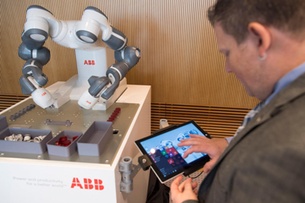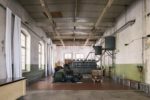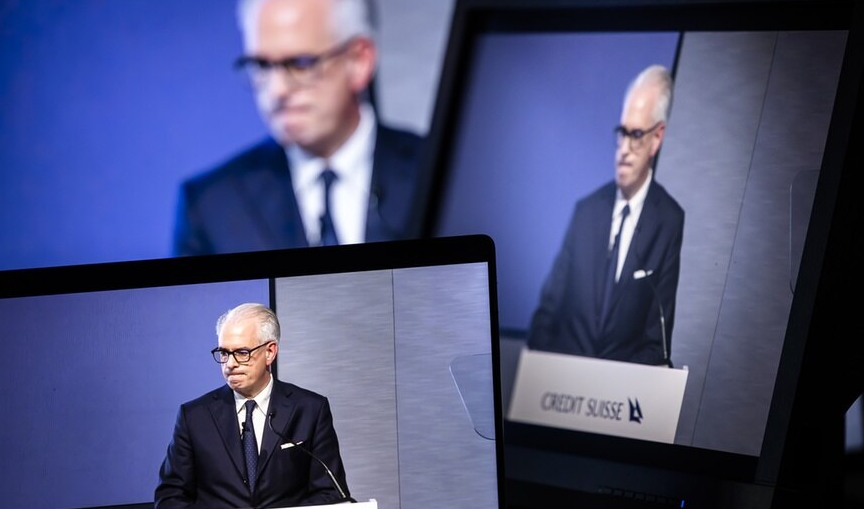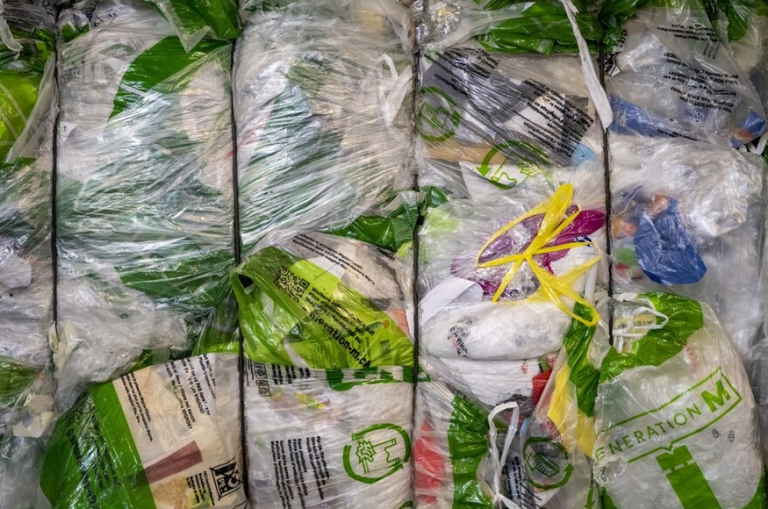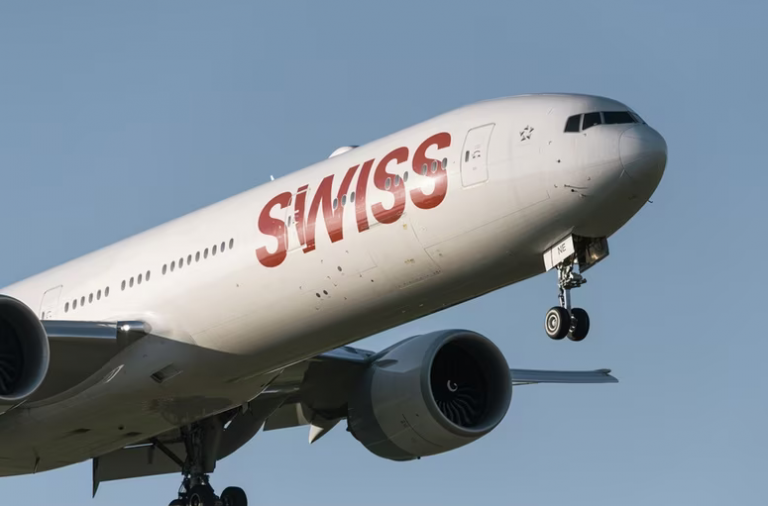Thanks to advances in robotics and digitalisation, the trend towards the offshoring of manufacturing jobs to cheaper countries is set to be reversed, according to the president of Zurich-based industry giant ABB group.
In an interview published Sunday in the NZZ am Sonntag newspaper, Peter Voser said that digital progress is bringing manufacturing and markets closer together again.
The decades-long trend of outsourcing was based on the economies of scale which allowed large-scale production to be cheaper in low-wage countries, he said. Now, however, “products are increasingly tailored to individual customers”, and robots operated by specialists are enabling industry to produce smaller batches at a competitive rate.
+ How offshoring is still affecting Swiss jobs, including those of ABB workers
He pointed to the 30% rise in productivity at the ABB plant in Mannheim (Germany), where robots allow for the on-site production of 100 small units. The knock-on effect for the overall economy is marked: “countries which use a lot of robotics have low unemployment rates,” he said.
Voser nevertheless warned that education and training systems would need to be continually updated to keep up with digital advances. “Technological development is so rapid today that we have to retrain people at 35 or 40. And maybe later again when they’re 50.”
He also offered scant hope to those affected by ABB’s own offshoring; the group announced in November the moving of rail transformer production from its Geneva plant to a site in Lodz, Poland, with the loss of almost 150 jobs.
“In some areas of manufacturing, we have overly-high costs and are simply not competitive,” he said. “There will therefore be further relocations in production.”
Full story here Are you the author? Previous post See more for Next postTags: Business,newslettersent









